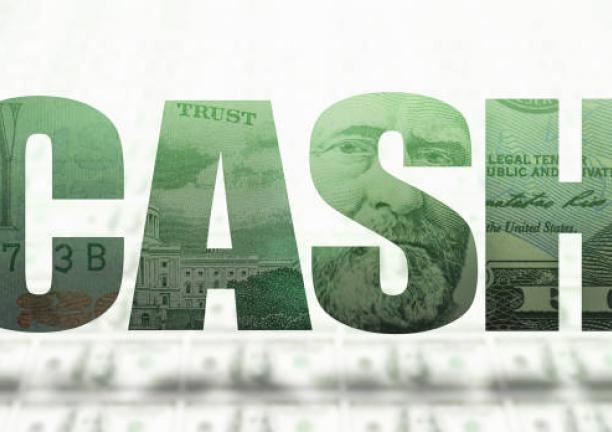The Bottom Line: Recent outperformance of small-cap sustainable index funds versus actively managed sustainable counterparts influenced by their higher levels of exposure to value stocks.
ETF/Fund Name | Tracking Index and ESG Integration Approach: Exclusions and Inclusion Practices | Fund Size ($) | Expense Ratio (%) |
iShares ESG Aware MSCI USA Small-Cap ETF | MSCI USA Small Cap Extended ESG Focus Index, derived from the MSCI USA Small Cap Index, consisting of companies that meet certain ESG criteria via exclusionary screening based on MSCI determinations. Inclusion is based achieving a higher allocation of companies with favorable ESG profiles through an optimization process. | 1,462.1 | 0.17 |
iShares® ESG Screened S&P Small-Cap ETF | S&P SmallCap 600 Sustainability Screened Index consisting of companies that meet certain ESG criteria via exclusionary screening, based on determinations made by Trucost, Sustainalytics and SAM ESG Research. | 36.1 | 0.12 |
Nuveen ESG Small-Cap ETF | TIAA ESG USA Small-Cap Index, derived from the MSCI USA Small Cap Index that meet certain ESG criteria via exclusionary screening based on MSCI determination. Inclusion is based on highest ESG ranked companies. | 909.8 | 0.3 |
Praxis Small Cap Index A and I | S&P SmallCap 600 companies qualified as to companies aligned with Everence Capital Management’s Stewardship Investing core values: Respecting the dignity and value of all people, building a world at peace and free from violence, demonstrating a concern for justice in a global society, exhibiting responsible management practices, supporting and involving communities, and practicing environmental stewardship. ESG factors may be optimized. | 147.1 | 1.12/0.43 |
SPDR S&P SmallCap 600 ESG ETF | S&P SmallCap 600 Sustainability Screened Index consisting of companies that meet certain ESG criteria via exclusionary screening, based on determinations made by Trucost, Sustainalytics and SAM ESG Research. Worst ESG scoring companies are also excluded. | 2.6 | 0.12 |
Xtrackers S&P SmallCap 600 ESG ETF | S&P Small Cap 600 ESG Index. Similar to above criteria. | 10.7 | 0.15 |
Fund assets and expense ratios source: Morningstar Direct. Otherwise, Sustainable Research and Analysis LLC.
Observations:
- Sustainable small-cap index funds, including five ETFs and one mutual fund, outperformed actively managed sustainable small-cap funds in October and over the trailing twelve-month interval. Sustainable small-cap index funds posted an average gain of 11.7% in October versus 9.4% registered by their actively managed counterparts and -14.3% year-to-date as compared to -17.9% for actively managed small-cap sustainable funds.
- A greater average exposure to small-cap value stocks in index funds versus actively managed funds was an important contributing factor to the performance differential. Actively managed sustainable index funds had an average 14.8% exposure to value stocks versus 29.3%, on average, held in passively managed funds, almost twice as high.
- Expense ratio differentials is also a factor. The average expense ratio for actively managed sustainable small-cap funds is 1.08% versus 0.60 for sustainable small-cap index funds. That number is significantly reduced to 0.17% when the high-priced Praxis Small Cap Index Fund A and I shares that charge 1.12% and 0.43% are excluded.
- Within the universe of sustainable small-cap index funds, performance variations are attributable to fund size, index construction methodologies and the criteria for qualifying and weighting securities based on their sustainability characteristics or ESG exclusionary screens that vary in accordance with the providers of ESG determinations. Within the small-cap index funds segment, ESG determinations are provided by MSCI, S&P Dow Jones that relies on multiple sources as well as Everence Capital Management, Inc. for Praxis.
- Sustainable small cap index funds have attracted $2.6 billion in assets under management as of October 31, 2022, representing 35% of the segment’s total with $7.4 billion in assets as of the same date.





